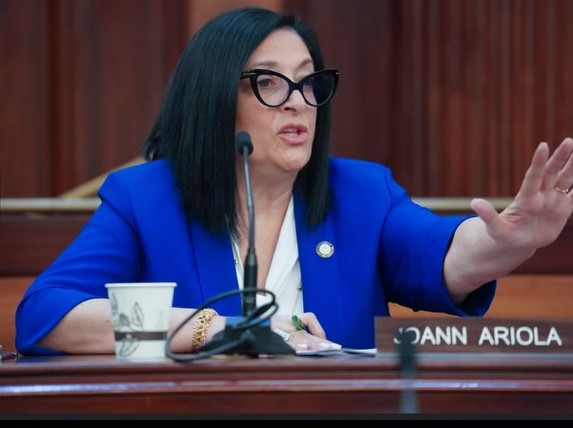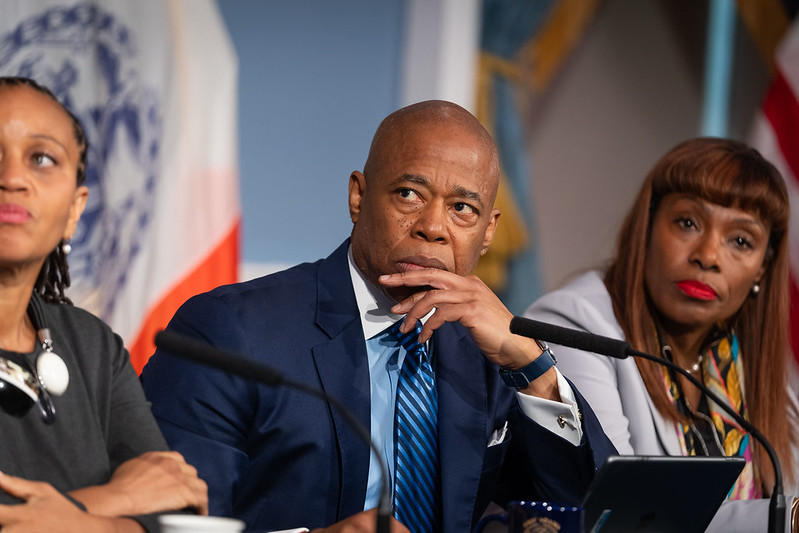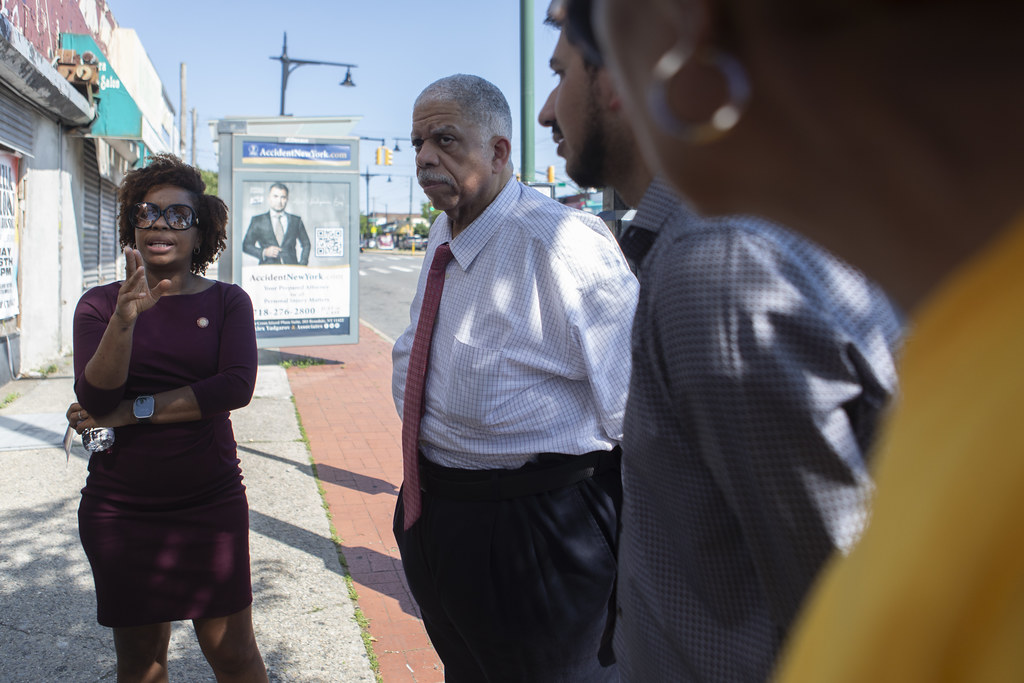The much-anticipated Sept. 10 presidential debate between Vice President Kamala Harris and former President Donald Trump has come and gone, leaving the usual flurry of pundits and political analysts dissecting who emerged victorious. While debates have traditionally been seen as crucial to a candidate’s path to the White House, we must ask ourselves: are these televised face-offs really the best gauge of a candidate’s fitness to lead the United States?
Time and again, the perceived winner of a debate is decided not by the depth of policy knowledge or leadership displayed but by the media’s post-debate analysis. Media outlets, often influenced by their own political leanings, shape the narrative of who performed better. In the absence of a clear consensus, political pundits—many with clear sympathies or allegiances—step in, offering their interpretations that sway public perception. This raises a critical question: shouldn’t we develop more objective criteria for evaluating debate performances and, ultimately, a candidate’s suitability for the presidency?









